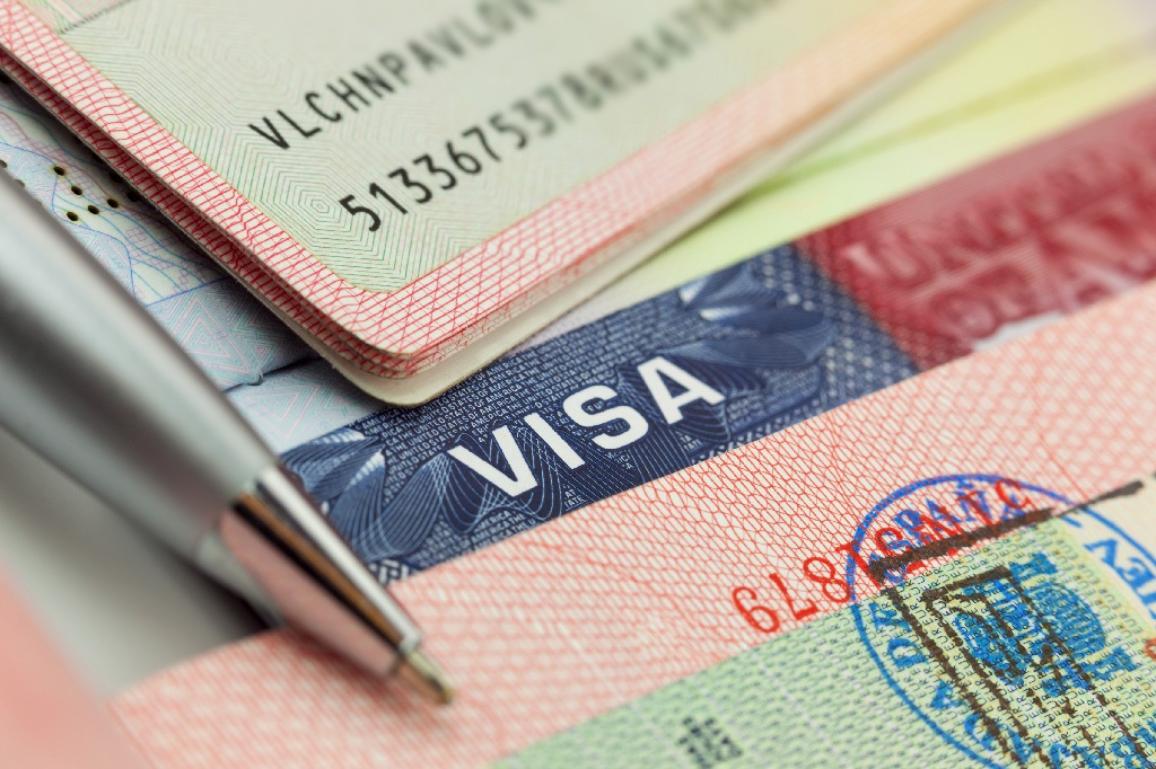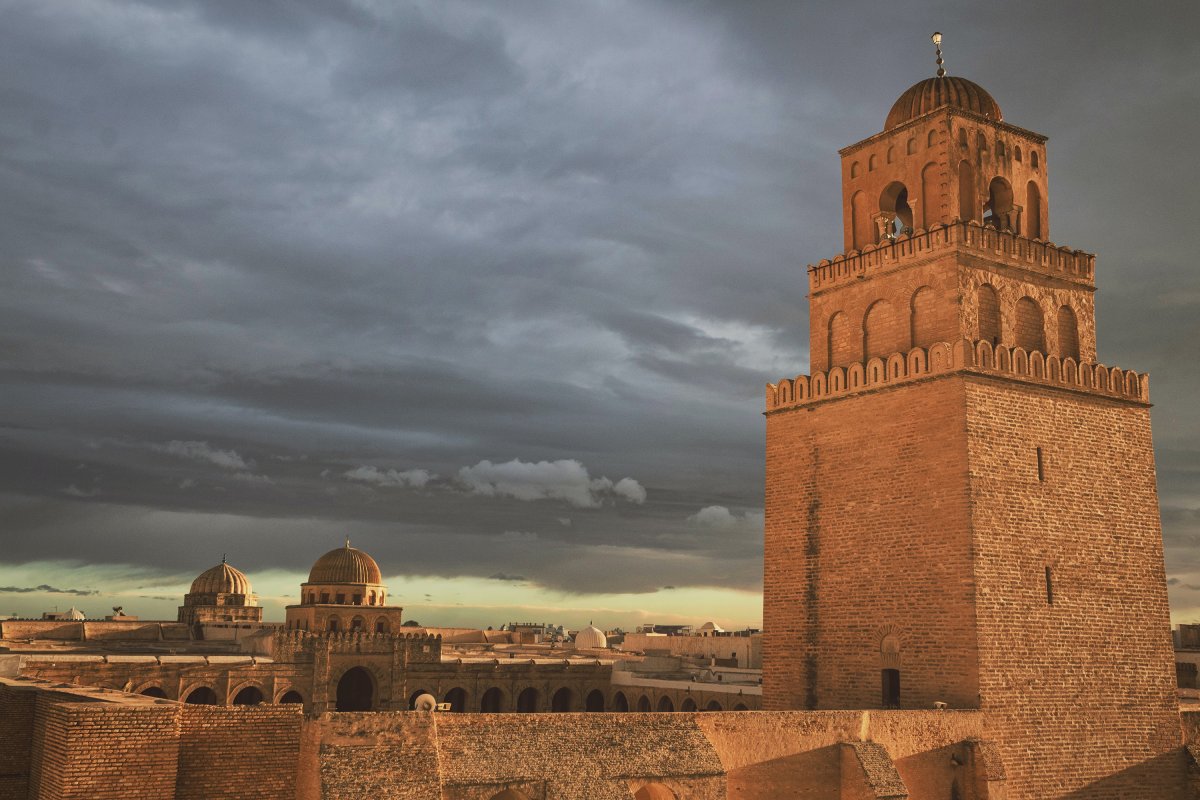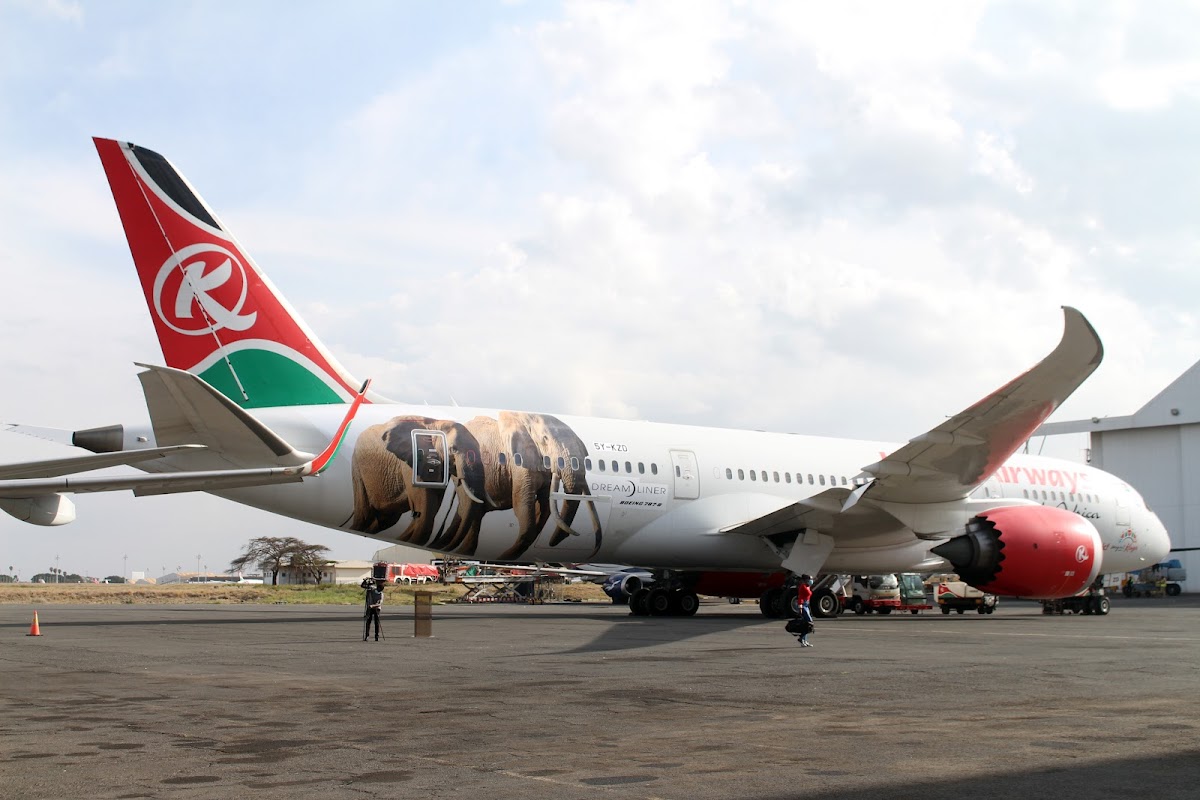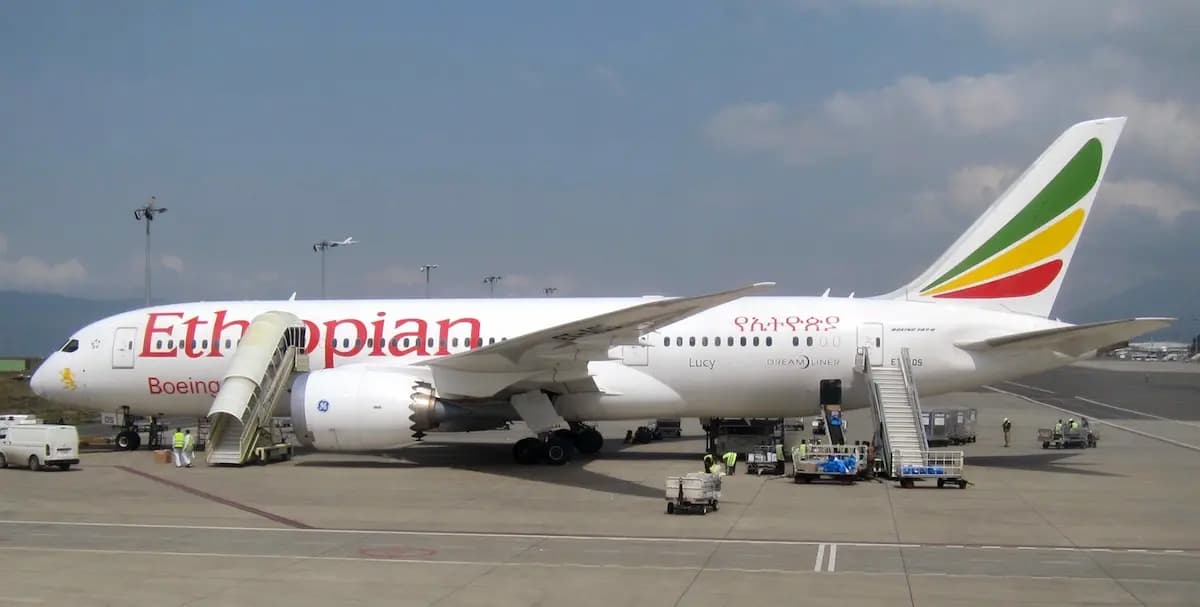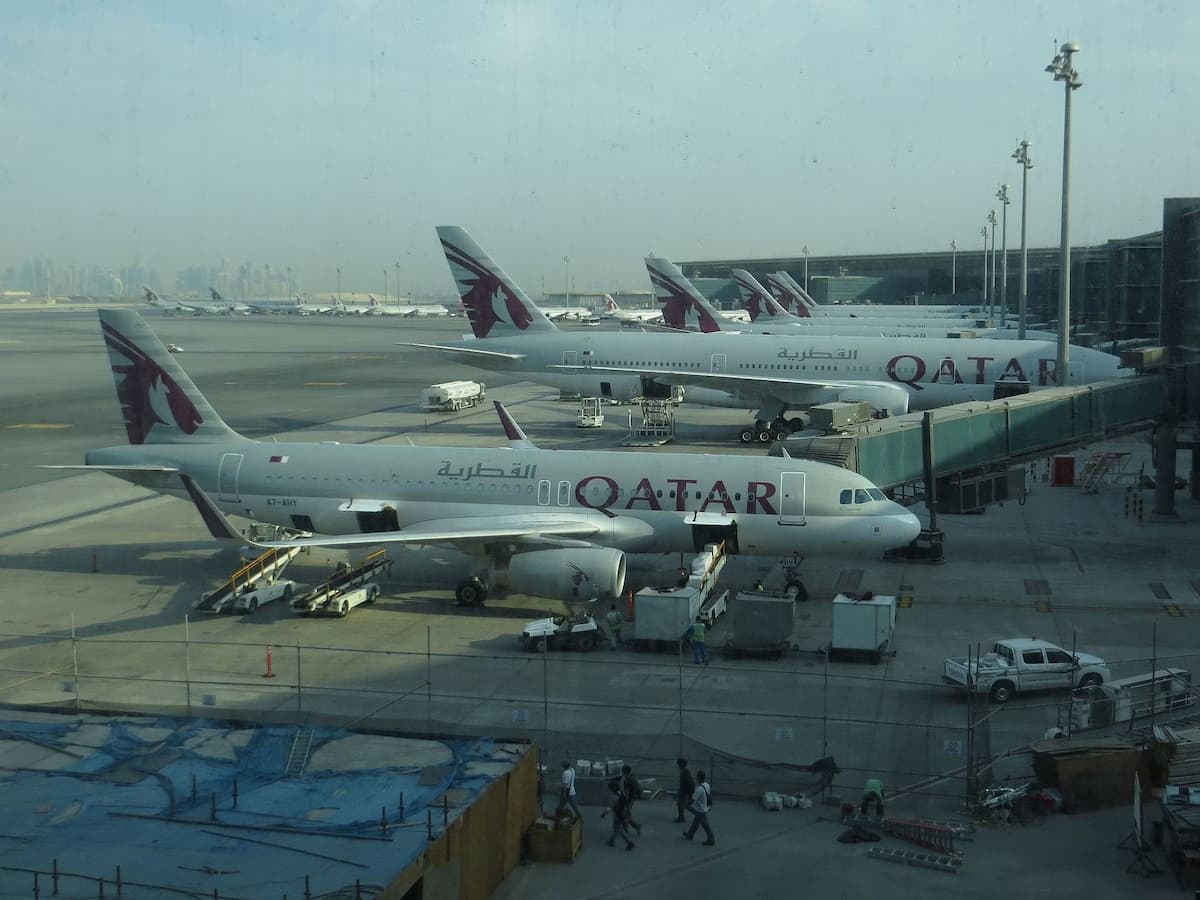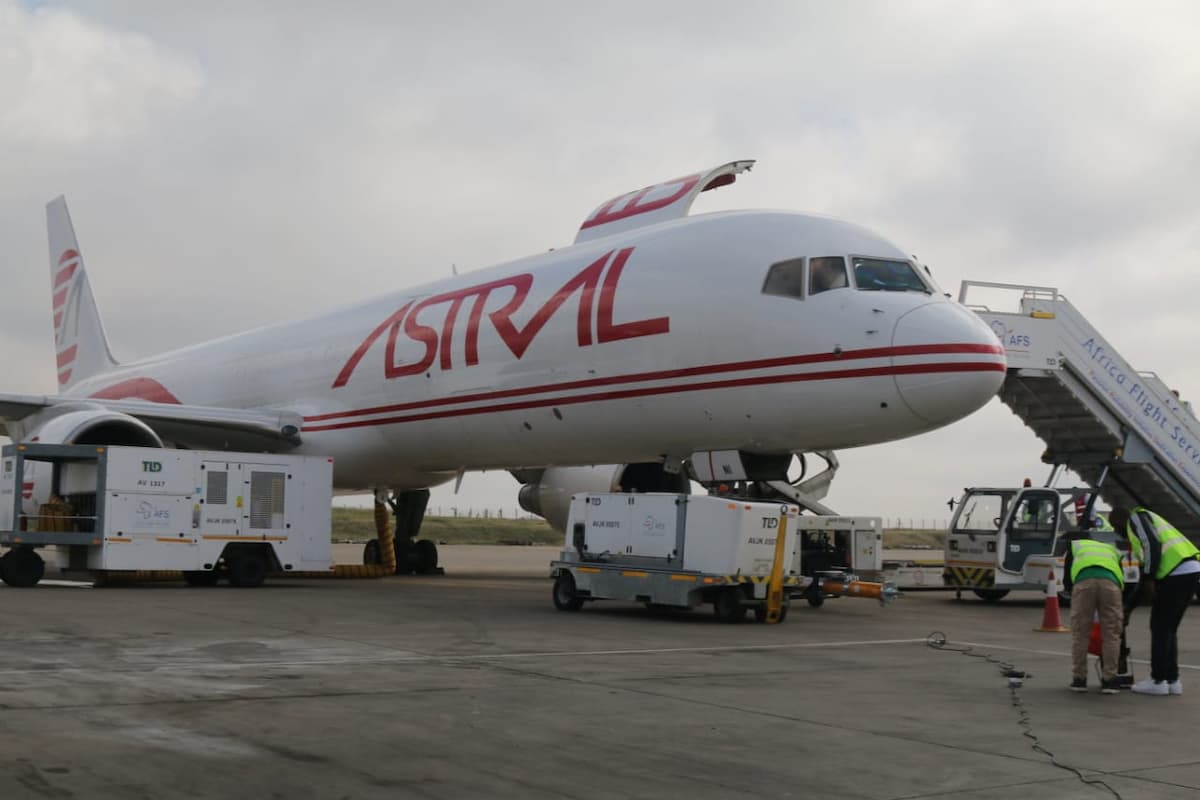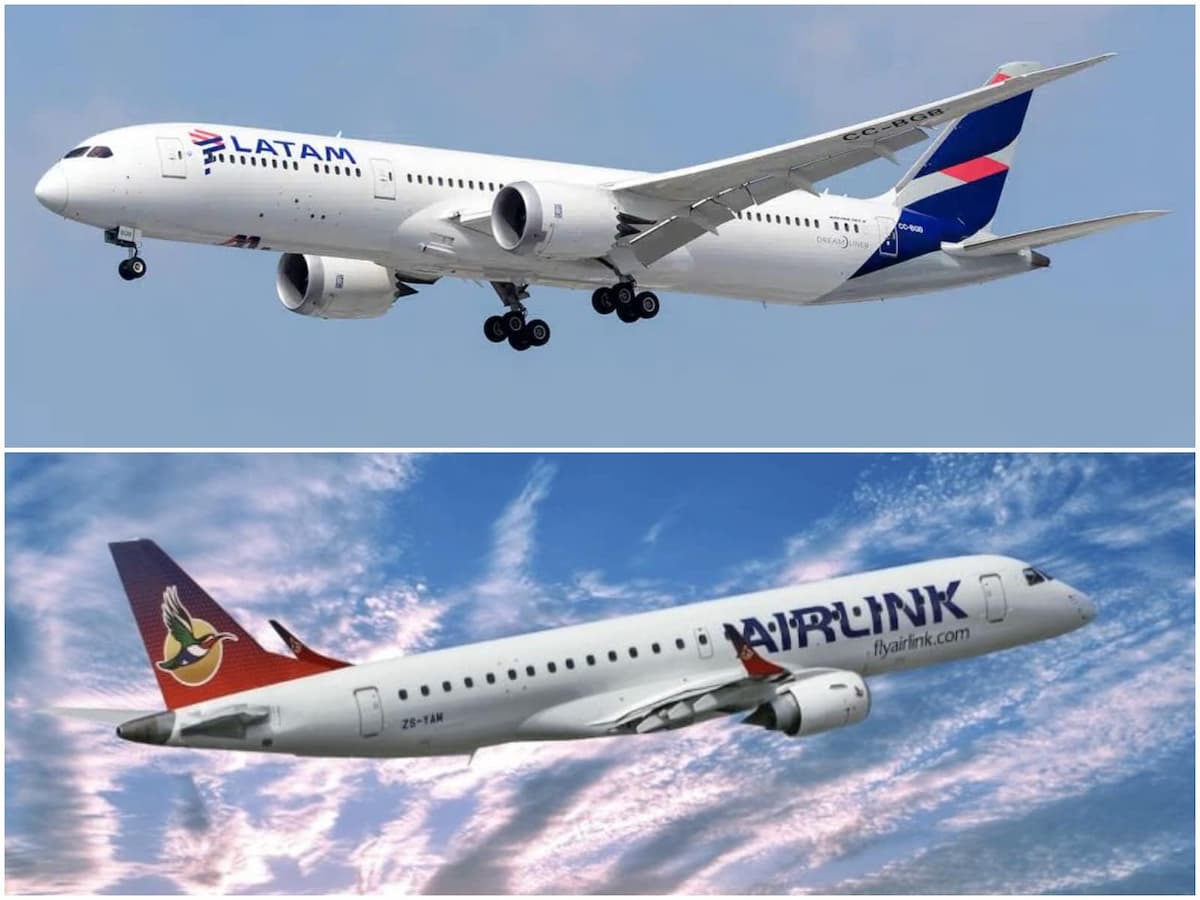As the world yesterday united on 5 June to commemorate World Environment Day and encourage awareness and action for the protection of the environment, Dubai has reiterated its pledge to advancing efforts to promote sustainability and responsible tourism.
In the bustling metropolis of Dubai, which is home to a thriving and vibrant tourism industry, Dubai’s Department of Economy and Tourism (DET) has established itself as a prominent entity leading the charge in environmental conservation. With a resolute commitment to sustainability, the Department has spearheaded a multitude of pioneering strategic initiatives aimed at protecting the environment and forging a greener and more sustainable future for the city’s tourism sector.
Dubai Can
One of the unique initiatives DET has launched to reduce single use plastic consumption is the Dubai Can. Since its launch in February 2022 by His Highness Sheikh Hamdan bin Mohammed bin Rashid Al Maktoum, Dubai Crown Prince and Chairman of The Executive Council of Dubai, the citywide sustainability movement has achieved extraordinary success. The transformative programme empowers communities to reduce their reliance on single-use plastic bottles and embrace sustainable alternatives. To date, the collaborative efforts of Dubai Can and its partnership with Talabat have yielded extraordinary results, with a reduction of over 10 million 500ml single-use plastic water bottles. This remarkable achievement stands as a testament to the resounding success of the initiative and the unwavering dedication of the local community, stakeholders and partners involved.
By encouraging simple changes such as adopting the culture of using refillable water bottles and utilizing public water stations, residents and visitors alike are urged to adopt a ‘refill for life’ mindset, as well as implement this practice in their households and offices. With 50 strategically placed public water fountains across the city, Dubai is leading the charge in championing a refill culture, resulting in a substantial reduction of millions of single-use plastic water bottles.
Dubai Sustainable Tourism
Driven by the vision of His Highness Sheikh Mohammed bin Rashid Al Maktoum, Vice President and Prime Minister of the UAE and Ruler of Dubai, Dubai Sustainable Tourism (DST) is another initiative of Dubai’s Department of Economy and Tourism that is at the forefront of positioning Dubai as a leading sustainable destination. Aligning the tourism sector with the United Nations Sustainable Development Goals and the UAE’s Net Zero 2050 strategy, DST is pioneering a transformative journey towards a more environmentally conscious and socially responsible tourism sector.
Yousuf Lootah, Acting CEO of Corporate Strategy and Performance sector, Dubai’s Department of Economy and Tourism, said: “World Environment Day serves as a powerful catalyst for global action, and Dubai’s Department of Economy and Tourism is proud to lead the charge in promoting sustainability and responsible tourism. The remarkable achievements of the Dubai Can initiative are a testament to our unwavering commitment to protecting the environment and shaping a greener future for Dubai’s tourism industry. The initiative’s recent figures display the transformative power of Dubai Can and the collective efforts of our community in embracing sustainable alternatives. Beyond Dubai Can, we are actively driving change through innovative strategies and partnerships. The Dubai Sustainable Tourism initiative serves as another shining example of our unwavering dedication to fostering sustainability within the tourism sector.”
“As we commemorate World Environment Day, let us celebrate Dubai’s remarkable achievements in sustainable tourism and renew our collective dedication to building a better and more sustainable world for future generations. By embracing responsible tourism practices and making conscious choices, we have the power to make a profound and lasting impact on our environment, not only on this special day but every day,” Lootah added.
Dubai’s commitment to sustainability extends far beyond World Environment Day, as the city gears up to host the 28th Conference of the Parties (COP28) to the United Nations Framework Convention on Climate Change. As 2023 has been designated as the ‘Year of Sustainability’ in Dubai, the city is poised to showcase its dedication to addressing the pressing challenges of climate change on a global stage. COP28 will bring together world leaders, policymakers, and stakeholders from around the globe to engage in crucial discussions and negotiations to shape the future of our planet. As Dubai assumes this pivotal role, it underscores the city’s determination to lead by example and drive impactful change through sustainable practices, innovative technologies, and collaborative partnerships. With COP28 on the horizon, Dubai is not only showcasing its sustainability initiatives but also facilitating a platform for international cooperation and knowledge exchange to tackle the pressing environmental issues of our time.
Dubai Carbon Calculator
Central to the Dubai Sustainable Tourism strategy is the ground-breaking Dubai Carbon Calculator, an innovative system that measures and tracks the carbon footprint within Dubai’s hospitality sector. Launched in 2017, Dubai Carbon Calculator empowers hotels to accurately assess their carbon emissions, enabling them to identify cost-saving opportunities and manage their energy, water and waste consumption more efficiently.
DST’s commitment to sustainability goes beyond carbon footprint measurement. The initiative has mandated hotels in Dubai to comply with the 19 Sustainability Requirements, encompassing sustainable management approaches, performance metrics, energy and water management plans, guest education and employee training initiatives. By embracing these requirements, hotels not only contribute to environmental conservation but also enhance their brand value, resource efficiency and overall competitiveness.
Recognising that collaboration is key to achieving sustainability goals, DST aims to establish partnerships with various stakeholders, including Etihad ESCO, Emirates Environmental Group, and Emirates Green Building Council, Goumbook and Emirates Nature WWF. Through comprehensive training programmes and educational initiatives, the initiative ensures that hotels and resorts have the necessary tools and knowledge to implement sustainable practices and contribute to Dubai’s sustainability goals. By fostering strong partnerships and sharing best practices, Dubai is setting an example for destinations worldwide and inspiring a collective commitment to sustainable tourism.
World Environment Day serves as a powerful reminder of the urgent need for collective action in safeguarding the planet. With its strategic approach to sustainability and responsible tourism, the Dubai Sustainable Tourism initiative positions the city as a leader in the global movement. Driven by innovation, collaboration, and the vision of HH Sheikh Mohammed bin Rashid Al Maktoum, Dubai remains unwavering in its commitment to shaping a greener and more sustainable future for the tourism industry.
SOURCE: Breaking Travel news

